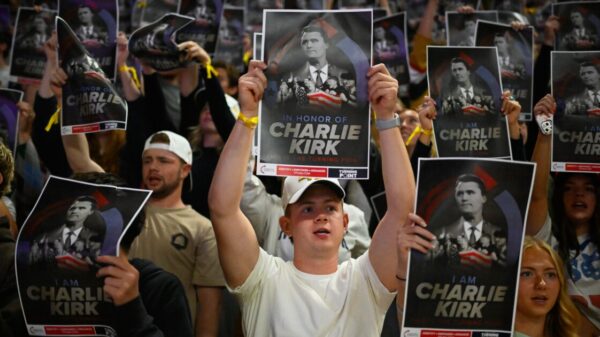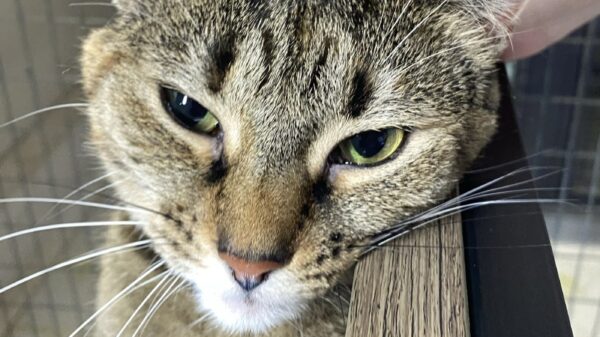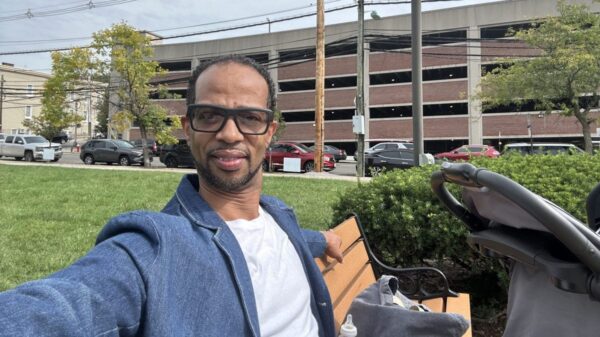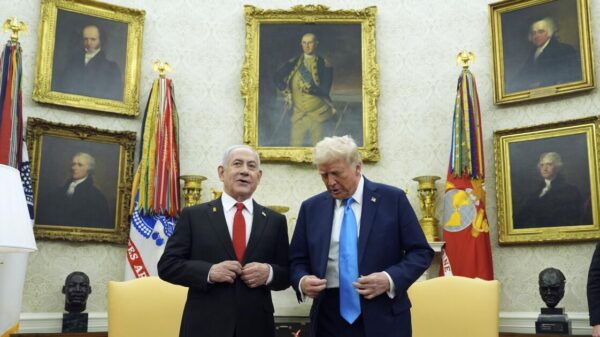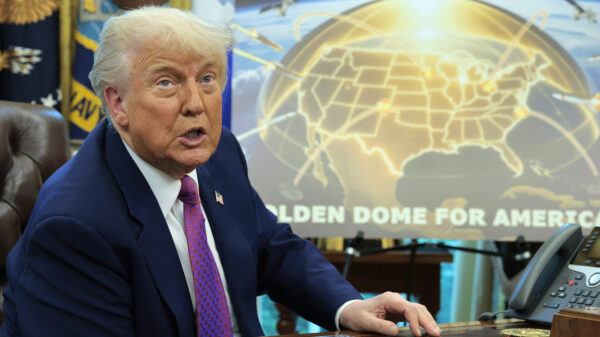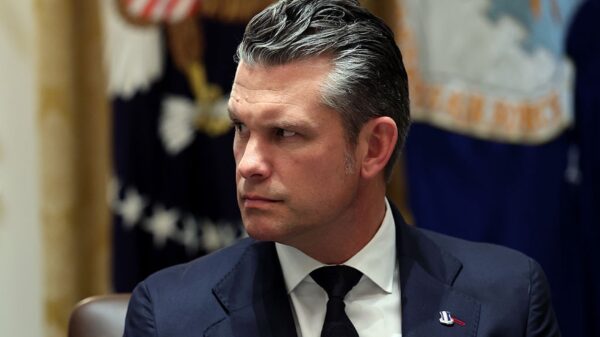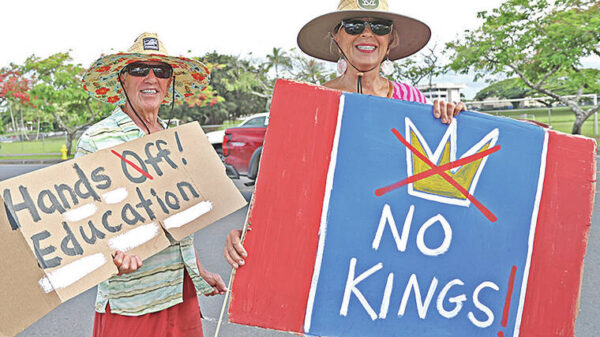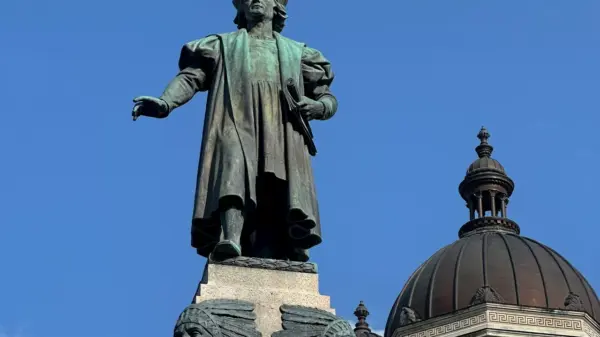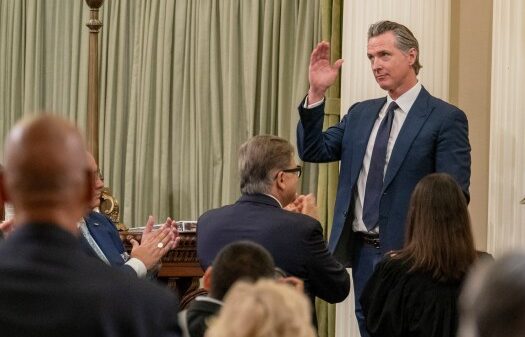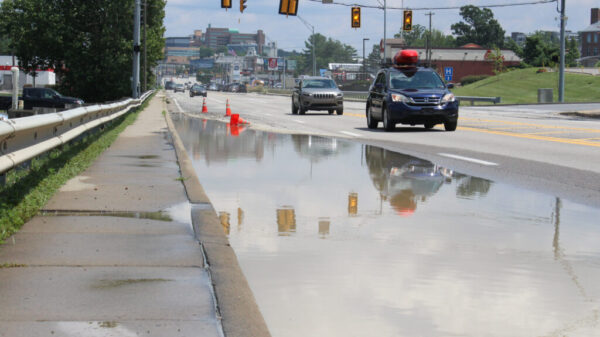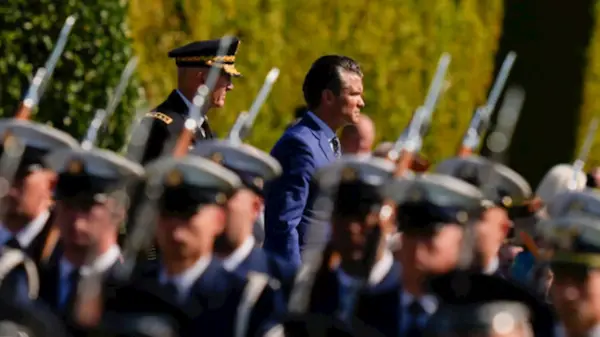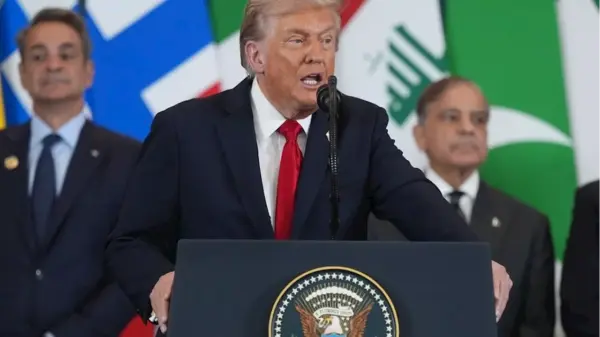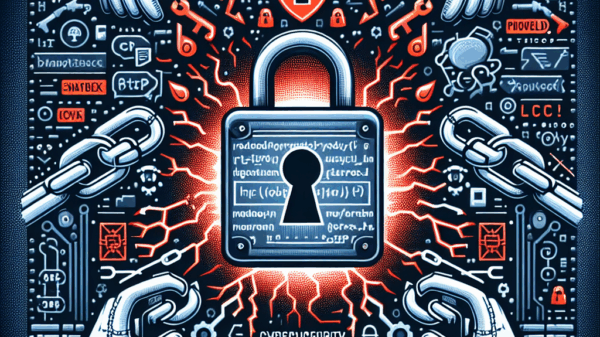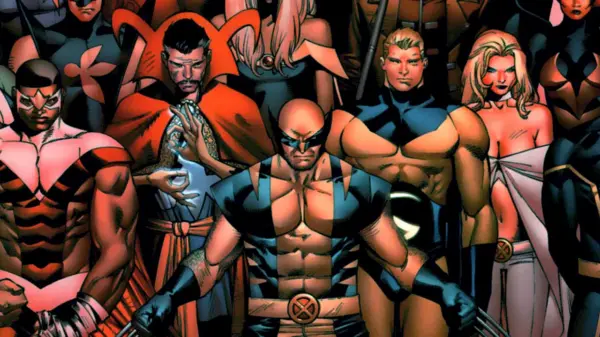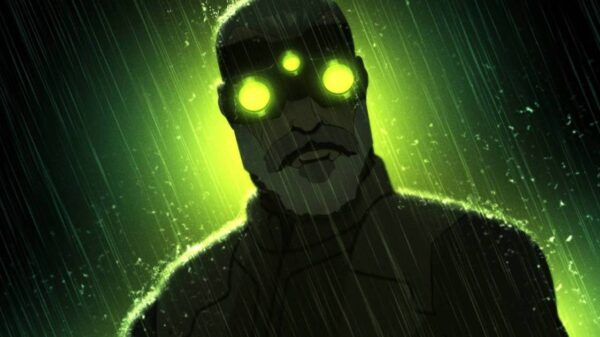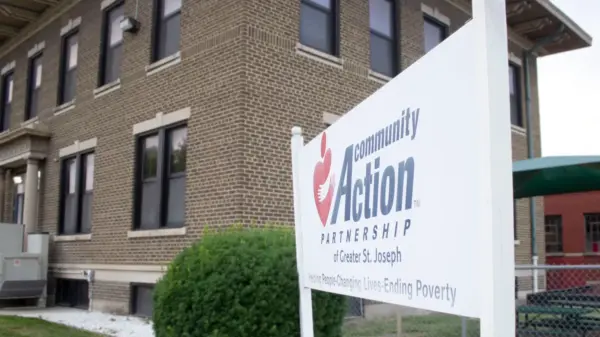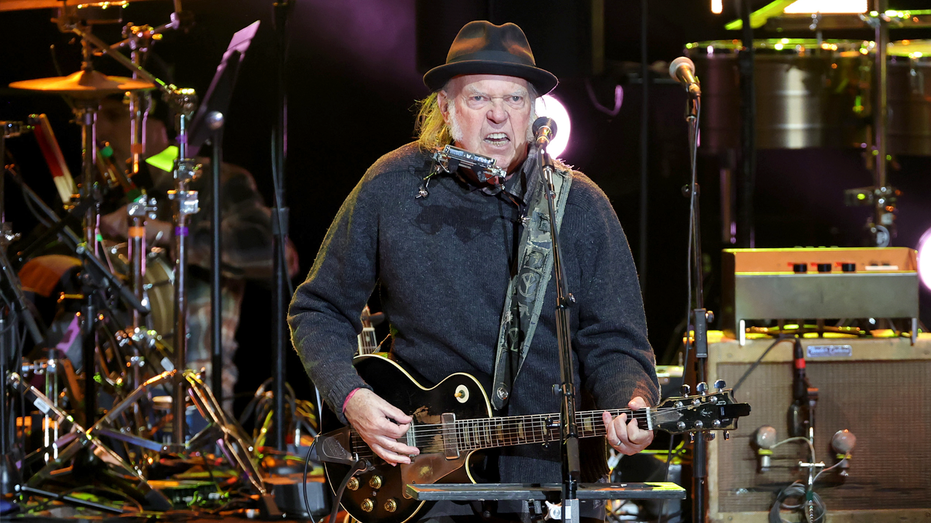BREAKING: Neil Young’s latest song, “Big Crime,” fiercely criticizes President Donald Trump’s crime crackdown in Washington, D.C., as the White House dismisses the track as “cringe.” Released on Thursday, the song accuses Trump of being the source of crime in the capital, just as Mayor Muriel Bowser acknowledges significant reductions in criminal activity due to federal intervention.
Earlier today, Mayor Bowser admitted during a press conference that Trump’s deployment of National Guard troops and oversight of the Metropolitan Police Department (MPD) has led to a striking 87% reduction in carjackings, along with a 44% decrease in violent crime overall. Despite the positive impact of these measures, Young’s lyrics resonate with his disapproval.
In his new track, Young declares, “No more great again,” while criticizing the administration’s policies: “There’s big crime in D.C. at the White House.” He further rages against “fascist rules” and calls for “No money to the fascists, the billionaire fascists,” urging a “blackout of the system.”
White House spokeswoman Abigail Jackson swiftly responded, stating, “Instead of tarnishing his legacy with cringe songs, Neil should spend some time talking to the DC residents who haven’t been victims of violent crime thanks to President Trump.” This statement underscores the administration’s confidence in its crime-fighting measures, even as Young’s provocative lyrics gain traction among liberal audiences.
The chorus of criticism from Young reflects a growing tension in Washington, D.C., where crime remains a hot-button issue. MSNBC host Joe Scarborough noted earlier this month that while crime is not as severe as it was two or three years ago, significant concerns still persist. “It’s certainly not as safe as the nation’s capital should be,” he remarked, highlighting the complex views surrounding Trump’s approach.
Amid the public discourse, some residents express a mix of relief and frustration. MSNBC contributor Symone Sanders-Townsend shared her perspective as “a Black woman in America,” questioning whether increased police presence truly enhances safety.
As the debate continues, all eyes remain on D.C. to see how the clash between artistic expression and political action unfolds. Young’s song has sparked conversations not only about crime but also about the overarching societal impacts of Trump’s policies.
Stay tuned for more updates on this evolving story as it shapes public opinion and influences the political landscape in Washington, D.C.

